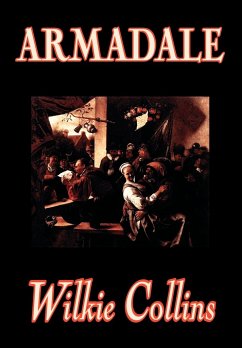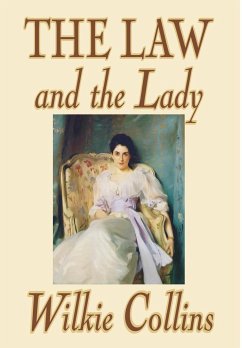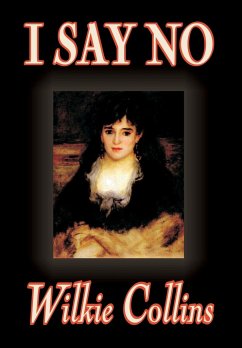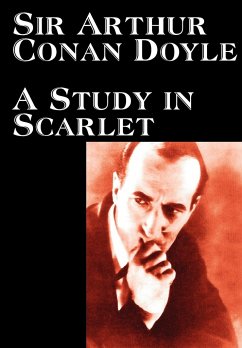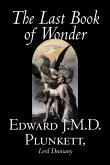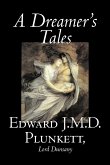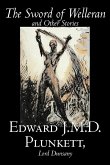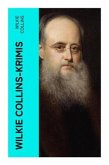Allan Armadale's deathbed confession to murder goes to his executors, intended to be delivered to his young son when the boy comes of age. It includes a warning never to contact people connected with the confession.
In the German spa town of Wildbad, the 'Scotchman' Mr. Neal is asked to transcribe the deathbed confession of Allan Armadale; his story concerns his murder of the man he had disinherited (also called Allan Armadale), who had subsequently married the woman he was betrothed to under false pretenses. Under Allan's instructions, the confession is left to be opened by his son once he comes of age.
Hinweis: Dieser Artikel kann nur an eine deutsche Lieferadresse ausgeliefert werden.
In the German spa town of Wildbad, the 'Scotchman' Mr. Neal is asked to transcribe the deathbed confession of Allan Armadale; his story concerns his murder of the man he had disinherited (also called Allan Armadale), who had subsequently married the woman he was betrothed to under false pretenses. Under Allan's instructions, the confession is left to be opened by his son once he comes of age.
Hinweis: Dieser Artikel kann nur an eine deutsche Lieferadresse ausgeliefert werden.

